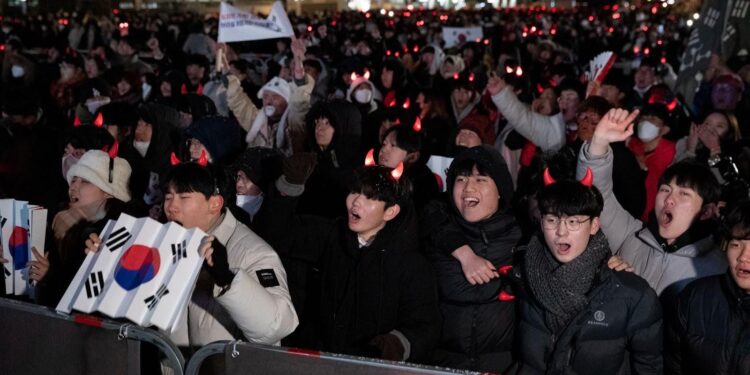Lee Jung-hee, a housewife in Seoul, is delighted because, with the change in South Korea’s age-counting system, she has become a year younger. The country has abandoned the traditional method of age calculation that considers newborn children as one year old, including gestation in their lives. From now on, the international system that calculates age based on date of birth will be officially adopted, making all South Koreans one to two years younger.
This change has caused some confusion, as previously, people became a year older at the turn of the year rather than on their birthday. For example, a baby born on December 31 was already two years old on January 1. However, the international system is the one used in many administrative aspects, such as passports, the minimum age for criminal prosecution, or retirement age.
Although the official change will have limited impact in practice, it is expected to help dispel confusion, such as that among the elderly who believed they could already receive their retirement pension based on their Korean age. Although there are other systems that will remain in place, such as the school year, compulsory military service, and minimum drinking age, the government is willing to revise them as necessary.
Age is an important factor in South Korean culture, as it affects social status and determines what titles and honors to use when addressing others. However, this hierarchical age-based culture has diminished somewhat, especially in schools, where the use of the international headcount system is becoming more common. Overall, most South Koreans are happy to feel a little younger with the change in legislation.










